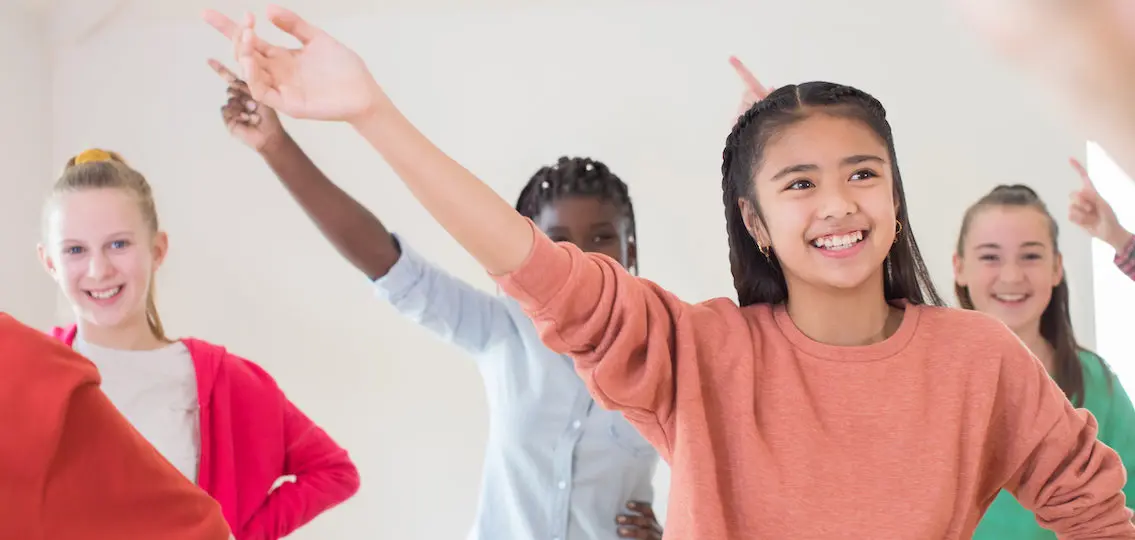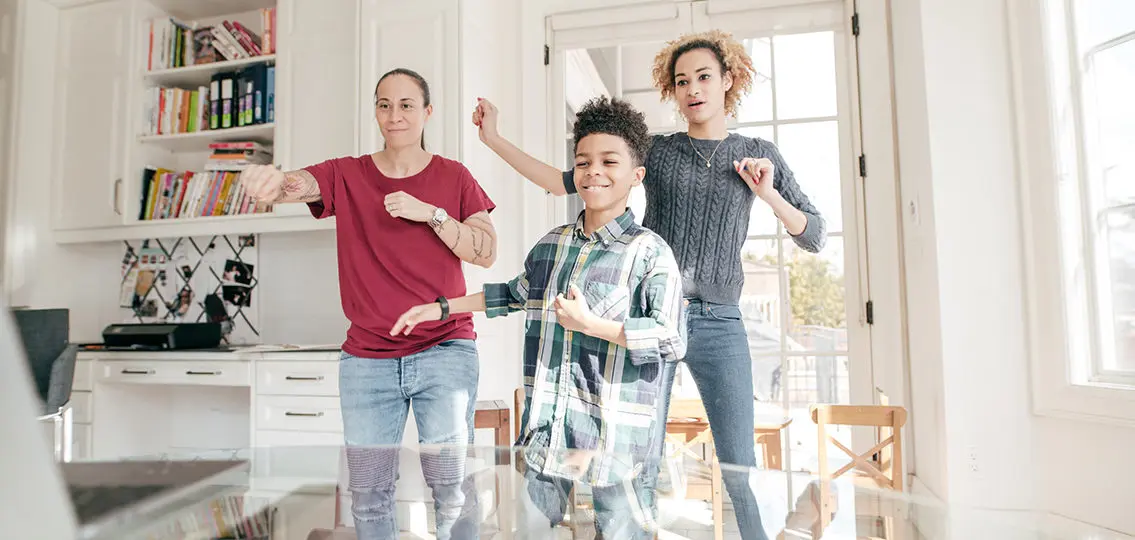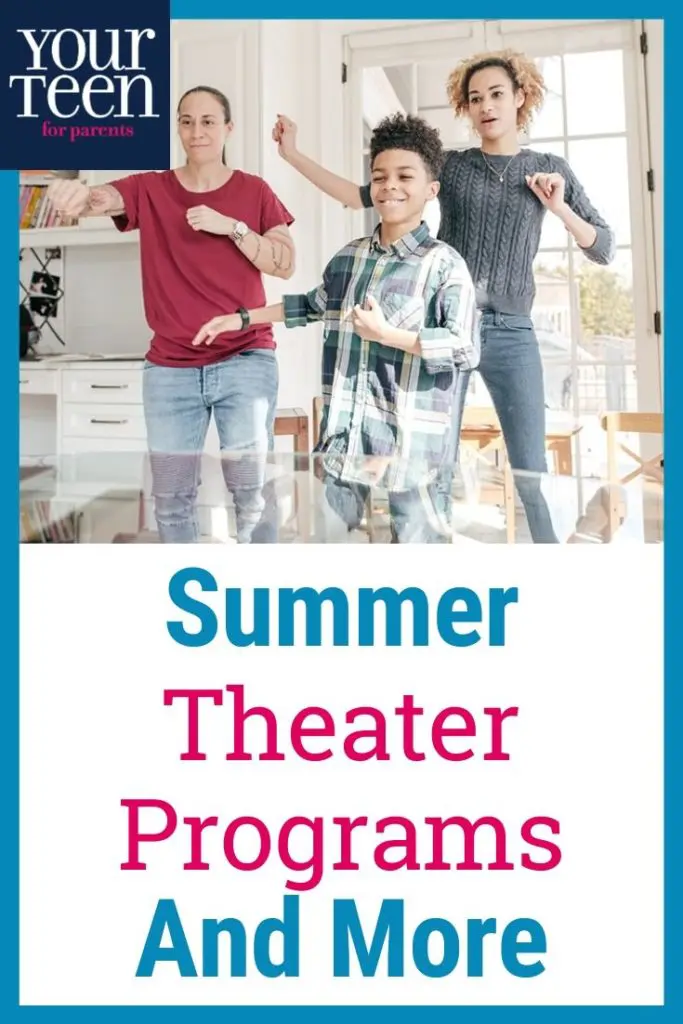High school sophomore Maddie Sundheim has been doing multiple community summer theater productions in Minneapolis since the age of 5. This summer will be different. “She was cast in a show and the next day was told it was canceled. She is having a hard time knowing she won’t be doing any theater this summer,” her mom Margaret says.
| [adrotate banner=”169″] |
As students across the country mourn the loss of proms, graduations, and spring athletics, performing arts students are mourning missed spring musicals, recitals, and summer stock.
“One high school in our area still chose to perform their spring musical—to an empty audience,” says Melissa Kildoo, who teachers choir to about 500 middle schoolers in Ohio. “Performing is about giving something of yourself to the audience; it’s sad to hear these stories.” Because of copyright rules, shows can’t be videotaped or streamed.
[adrotate banner=”144″] If you have a theater kid, you know they thrive on performing. With theaters dark across the country: What’s a theater kid to do?
Opportunities for Theater Kids
Find a virtual stage
“One thing we know is that no matter what is happening in the world around us, artists will find a way to hone their skills and express themselves,” says Nicole Sumlin, academy and curriculum manager for Cleveland Play House in Cleveland, Ohio. Like many others across the country, CPH has gone virtual, offering online classes to teens through their Theatre Academy, Out-of-School-Time programming, and CARE Program. These programs provide a virtual stage for teens to develop skills in acting, movement, playwrighting, puppetry, and more. “This gives teens the opportunity to explore ways to name, express, and navigate how they are feeling. It’s been wonderful to still see students create and connect with each other,” says Sumlin.

Kildoo also takes advantage of online learning by interjecting more music theory into her curriculum. She created an activity for her students where they were asked to find a music-based motivational video and write about why it was special. “I didn’t realize how much music is therapy right now. Students really personalized their stories.”
She says that videoconferencing programs like Zoom can be hard for her middle schoolers—who are often self-conscious. Instead she’s using a social learning program called Flipgrid. “I send out questions to my students and ask them to record a short video in response. No one else sees the response—just me.”
Keep the creativity flowing
Sundheim says her daughter is just trying to keep her creative juices flowing. They have watched lots of musical theater together—either free or at a reduced cost to raise money for the artists—including shows released by The Actors Fund, Playbill, and Andrew Lloyd Webber. Her daughter is also continuing her voice lessons via FaceTime, and she is taking online classes through a local theater company.
Not every theater kid needs something structured. Mom Holly K. in Cleveland says her tween daughter, who participates in community theater as well as competitive dance, is enjoying her creative free time. “Sometimes she might be in a tree singing away for an hour. She’s trying new pieces in her piano book. She’s also exploring how to be creative in new ways: She’s learning how to sew.”
Other kids might consider channeling their creativity into baking or cooking, trying their hand at drawing or painting, or teaching themselves the latest TikTok dance moves.

In the end, it’s about keeping teens—no matter what their creative interest—engaged. Says Raegina Hill, who teaches with the Cleveland Play House CARE program, “People always say absence makes the heart grow fonder, and this time has really done that. Social media has shown that you can’t stop the beat. From dance challenges to impromptu skits, the theatre bug is alive and well.”





